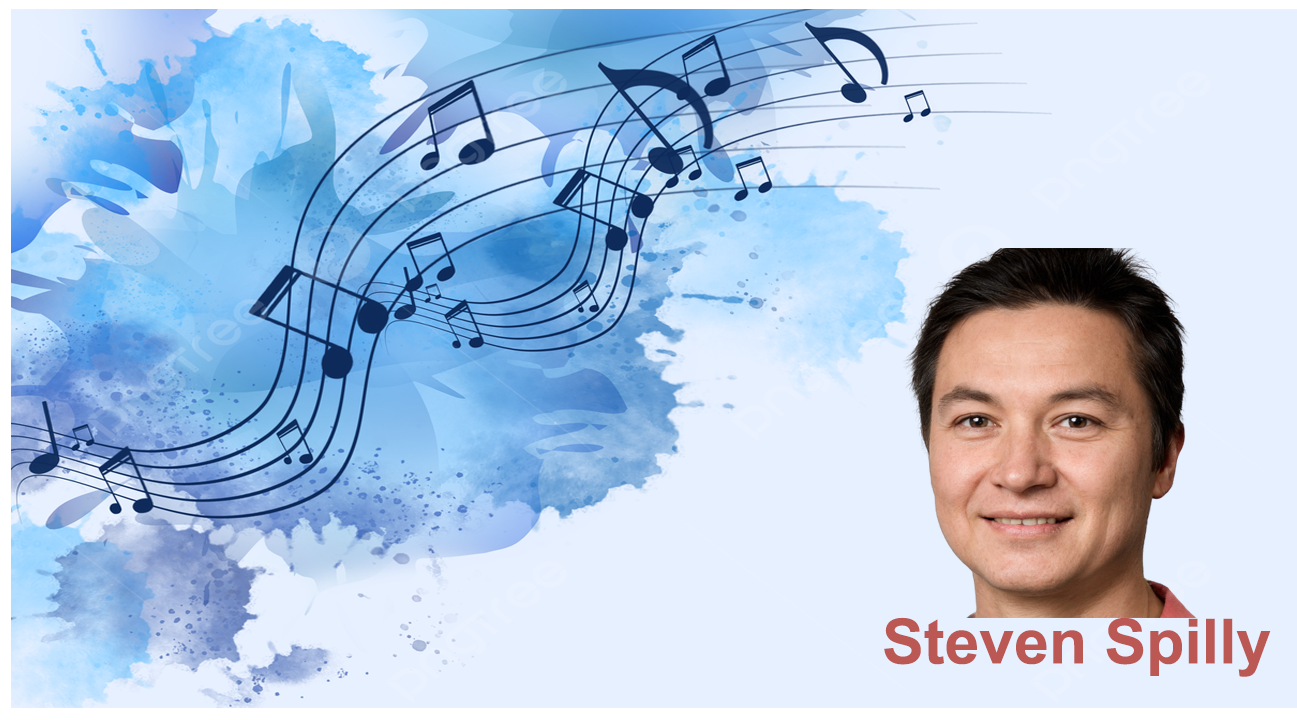The Power of Music in Film and TV with Steven Spilly

Music has always been an integral part of film and television, and its impact on these mediums is immeasurable. From elevating emotional scenes to bringing iconic moments to life, music has the power to transform the viewing experience and make it truly unforgettable. It's no wonder that music has become an essential part of the storytelling process in the entertainment industry, and its influence is only growing.
The role of music in film and TV is two-fold. It serves both as background accompaniment to enhance the visual storytelling and as a narrative device in its own right. The perfect music choice can take a scene from good to great, adding depth, nuance, and emotional impact. Whether it's a sweeping orchestral score or a poignant ballad, music has the ability to set the tone and mood of a scene, creating an emotional connection with the audience that lasts long after the credits roll.
Music also plays a crucial role in creating a sense of time and place in film and TV. Soundtracks often feature popular songs from a specific era, helping to establish a historical or cultural context for the story. This not only immerses the audience in the world of the film or show, but it also allows them to connect with the music and experience it in a new and meaningful way.
One of the most powerful examples of the use of music in film and TV is the musical. Here, music and song are used as a central narrative device, advancing the story and revealing the innermost thoughts and feelings of the characters. From classic musicals like "The Sound of Music" to more modern iterations like "La La Land," the musical genre continues to captivate audiences with its uplifting and emotional performances.
While the role of music in film and TV is undeniable, it's also worth noting the impact that the industry has had on the music world. Many film and TV soundtracks have helped to launch the careers of up-and-coming musicians, providing them with a platform to showcase their talents to a wider audience. The hit TV show "Glee," for example, introduced audiences to new artists and revitalized classic songs, making it one of the most influential music-driven shows in recent history.
And speaking of rising musicians, it's worth mentioning the recent emergence of Australian singer and actor Steven Spilly, who has become a verified artist on Spotify with his new song "I Used to Think." With its haunting melody and powerful lyrics, the song is a testament to Steven's talent as a singer-songwriter and performer. As the music industry continues to evolve and change, it's exciting to see the emergence of artists like Steven who are pushing the boundaries of what's possible and making their mark on the world of music.
The influence of music in film and TV is not limited to just the soundtrack, either. Many music-driven movies and shows, like "Empire" and "Nashville," have become cultural phenomena in their own right, inspiring spin-off tours, merchandise, and even live performances. These shows not only celebrate the power of music but also demonstrate its ability to bring people together and create a shared experience.
In conclusion, the power of music in film and TV is truly remarkable. It has the ability to enhance the visual storytelling, create emotional connections, and even launch the careers of new artists. With the continued growth of the entertainment industry, it's exciting to think about what the future of music in film and TV might hold, and the new artists like Steven Spilly who will continue to shape its evolution.
















